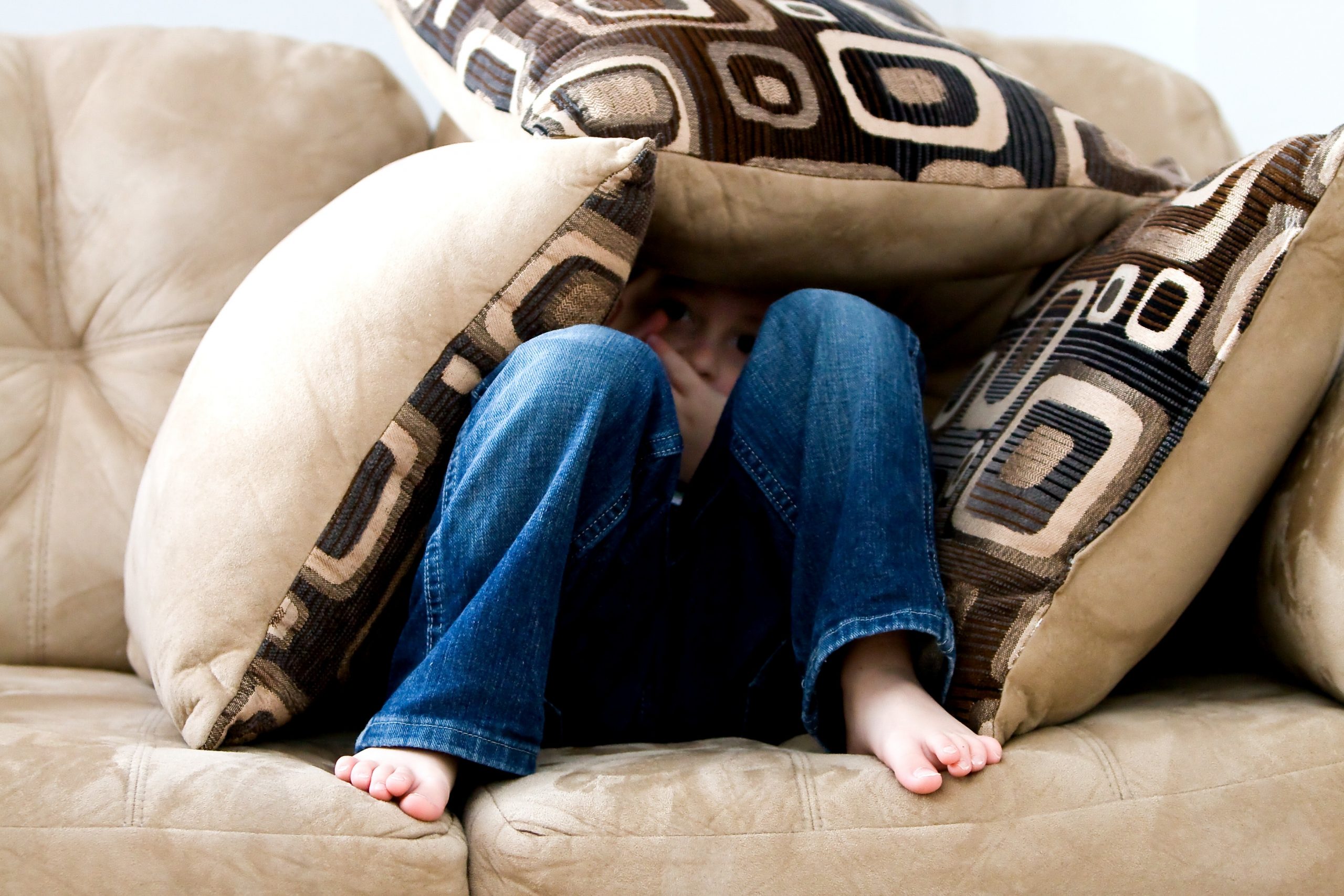At some point throughout childhood, every kid has felt inferior to his or her peers. It’s normal for youngsters to think poorly of themselves when they compare themselves to their peers, whether it’s their test scores or their basketball abilities. In truth, kids are human, and their occasional emotions of inadequacy may serve as the motivation they need to push themselves. However, sometimes these evaluations and assumptions grow into something more substantial, leading to a lack of confidence and a lowered sense of value in oneself.
Kids might get stuck in a rut of self-doubt and failure if they are constantly reminded of how inadequate they are. At the end of the day, they end up with what is commonly called an inferiority complex.
The American Psychological Association defines an inferiority complex as the result of a person’s perception of his or her own physical or mental shortcomings. This means that a person’s opinions about their own inadequacy, whether real or perceived, may manifest in their actions. They may avoid social situations, develop extreme shyness, and even display unhealthy levels of competitiveness as a means of self-correction.
Many people are familiar with the phrase “inferiority complex,” which was first used by Australian psychologist Alfred Adler. While it is not a formal diagnosis in the field of mental health, many people are familiar with the concept. Those who suffer from low self-esteem frequently hold highly critical and negative views of themselves.
According to Kristin Batcheck, MA, LPCC, a counselor with Directions Counseling Group in Worthington, Ohio, low self-esteem and an inferiority complex are two different things, despite the fact that they are sometimes used interchangeably.
Multiple factors can contribute to a kid’s feelings of inferiority. Consistently being bullied, being insulted by peers or siblings, or growing up in an emotionally abusive home are all instances. Many children experience emotions of inferiority only occasionally and in response to specific circumstances.
However, those who experience this issue on a regular basis are more likely to feel invalidated on a daily basis, whether at home, in school, or in the community. Batcheck argues that inferiority complexes can affect children from any background.
She explains that “feelings of inferiority can also originate from being taunted or tormented by classmates for being different.” “Negative feedback, such as being told they are inadequate, can also contribute to this feeling. Constant exposure to such a message might make a person feel less than adequate.”
You may be at a loss as to how to aid your youngster who is experiencing inferiority complexes. Here are some ways you may assist your child improve their self-image and fight the negative attitudes and beliefs they may be holding.
Provide Encouragement
It’s not easy for kids to have faith in themselves when they’re struggling with feelings of inferiority. Therefore, it’s crucial for parents to build their children up and show them a new perspective on themselves.
Tell them they can find their identity in God alone, and not on the opinions of others or the assumptions they make about themselves. Instead, encourage them to embrace their unique qualities.
Batcheck recommends teaching children to embrace their individuality by providing positive reinforcement and teaching them to recognize their own special qualities. Assist them in locating like-minded individuals and providing them with positive outlets such as a sport or pastime.
If they have friends and family who believe in them and support them, they will feel less alone and less inferior. Make sure they get the help they need to keep those connections growing. As an added bonus, show them the worth they truly possess and the person they truly are.
Help Them Identify Strengths
Instead than focusing on the positive aspects of their lives and personalities, some children spend too much time dwelling on the negative. Assist your kid in finding their strengths and areas of potential. Then encourage them to keep going for their goals.
Set Goals Together
Having a goal to strive for improves the quality of one’s life. Help your children figure out what they want out of life and do it with them. The next step is to discuss how to move forward with those goals.
In addition, it may be helpful to encourage your child to work for a goal that is bigger than himself or herself. Keep your eyes peeled for ways you may help out your neighborhood or the lives of those around you. By doing so, your kid can take his or her mind off of himself or herself and concentrate on something other than his or her inner turmoil.
Batcheck recommends teaching your child empathy and selflessness through acts of service to the elderly and the needy. “Counseling or play therapy can be useful, and pets can be a fantastic source of unconditional affection.”
Refuse to Make Comparisons
Many parents make the mistake of putting their children in competition with one another. Even worse, they might evaluate their own children in relation to those of their friends and acquaintances. However, if they are already feeling uncertain about themselves, comparisons can be very damaging.
Making comparisons, even if you don’t think anything bad of the other person, is always a bad idea. Teach your youngster to take pride in the achievements of others without diminishing their own value or worth by pointing out their shortcomings in contrast.
Consider Counseling
When children seem to be caught in negative patterns of behavior or ideas, it can be helpful for an impartial third party to offer some insight. Therefore, you may wish to discuss your worries with a healthcare professional. They can have a conversation with your kid, then decide if counseling would be beneficial.
Often, they will suggest a counselor or therapist who may help your kid develop more positive coping mechanisms for his or her emotions and improve his or her sense of self. Seek assistance for your kid whenever you can. There’s no shame in needing a helping hand every once in a while.

